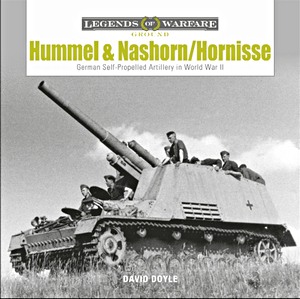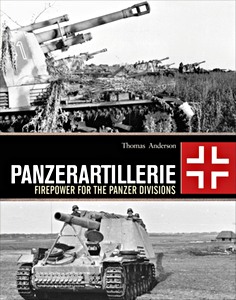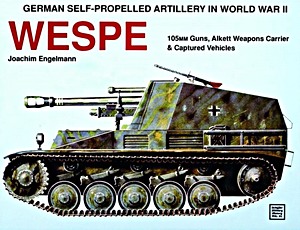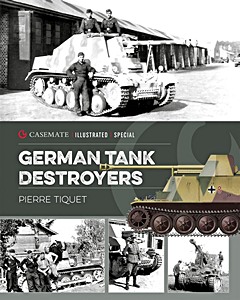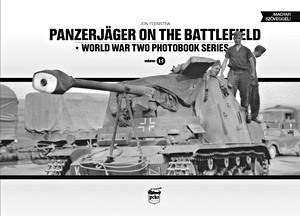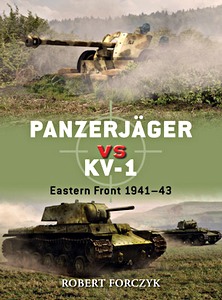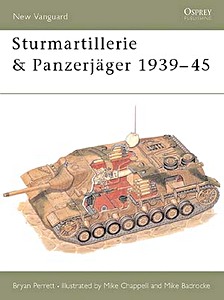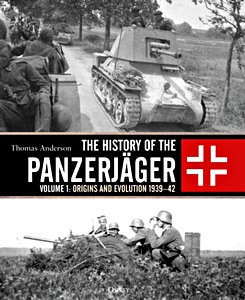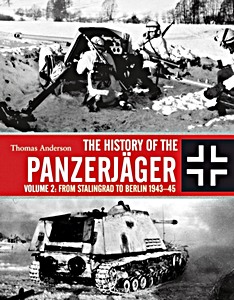German Motorized Artillery and Panzer Artillery in World War II
With over 260 images, this volume is a concise, illustrated history of Germany's World War II artillery, its units and operations. Photos include both the towed and self-propelled weapon types. Also included are detailed unit organizational charts and line schematics of artillery rounds.
Product details
| Author: | Wolfgang Fleischer |
|---|---|
| Details: | 160 pages, 10 x 7.1 in (25.5 x 18 cm), hardback |
| Illustrations: | 260+ b&w photos, drawings, maps |
| Publisher: | Schiffer Publishing Ltd (USA, 2004) |
| ISBN: | 9780764320958 |
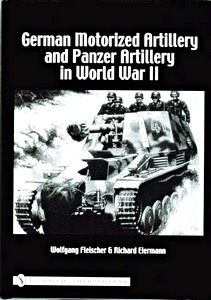
German Motorized Artillery and Panzer Artillery in World War II
Language: English
Available on Amazon - safe payment and fast delivery
Buy on Amazon.comBuy on Amazon UK
Buy on Amazon CA


